Within every individual, there exists a fundamental desire to discover and explore. Everyone, to some degree, is driven by curiosity, which frequently sparks their exploratory efforts. What stirs individuals to scale the heights of Mount Everest or traverses vast oceans? For many, they do it simply because they are capable. While external motivators such as wealth and notoriety may be prevalent, the act of exploration has consistently been critical in driving human evolution. Historically, we’ve journeyed across continents and oceans in search of new truths. Presently, our explorative endeavors range from the deepest trenches of the ocean to the farthest reaches of space. The endless search for new discoveries always brings us to an exciting frontier. Although our subject of exploration has evolved, the fundamental human drive to quench our curiosity remains essentially constant. Now, let’s travel back in time and revisit the compelling stories of some famous past explorers. Their adventures were far from flawless and they were replete with errors, oddities, and astounding narratives. The age of exploration may have been marked by conflict, treachery, and the quest for wealth (and yes, pirates), but the modern condition is not too dissimilar. Please enjoy reading these 25 Intriguing Facts About the Lives and Journeys of Past Explorers You Might Be Unfamiliar With!

Featured Image: Wikipedia
In 1503 Columbus got stranded in Jamaica while on his way to the new world. Knowing that a lunar eclipse was near, he told the locals that if they didn't take care of his crew the moon would disappear.
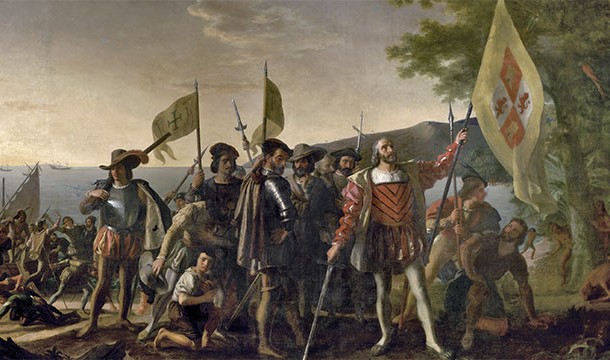 Source: space.com, Image: wikipedia
Source: space.com, Image: wikipedia Zheng He was a Chinese admiral, diplomat, and explorer who rose to great prominence during the 1300s in spite of being castrated and enslaved earlier in his life
 Source: wikipedia, Image: wikipedia
Source: wikipedia, Image: wikipedia The famous British explorer David Livingstone once had all his supplies stolen while he was in Africa. In order to get food from the natives he had to eat his meals in a roped off enclosure which served as entertainment for the locals
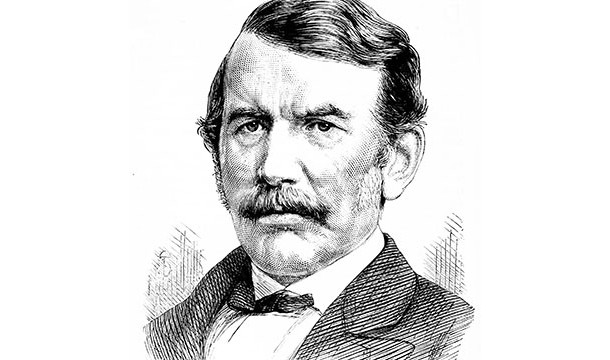 Source: wikipedia, Image: wikipedia
Source: wikipedia, Image: wikipedia In 1951, during the Explorer's Club annual dinner, a 250,000 year old piece of wooly mammoth meat was served
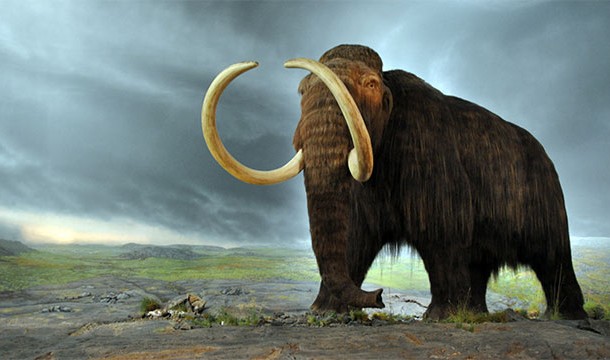 Source: mentalfloss, Image: wikipedia
Source: mentalfloss, Image: wikipedia In 1911, British explorer George Murray Levick observed necrophilia in penguins around Antarctica. His findings weren't published until 2012 because they were deemed too indecent at the time
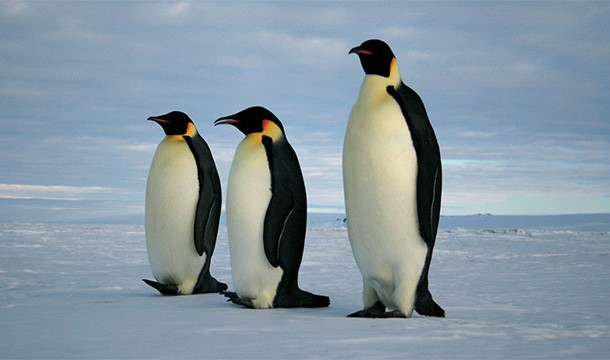 Source: wikipedia, Image: wikipedia
Source: wikipedia, Image: wikipedia Much to their surprise, the first pilgrims at Plymouth Colony were greeted by a Native American in English (his name was Samoset and he had begun to learn English from fisherman along the coast)
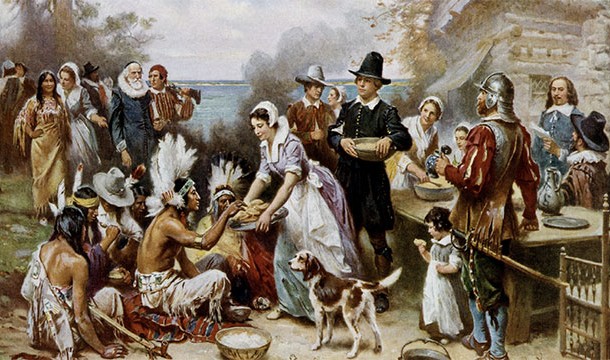 Source: wikipedia, Image: wikipedia
Source: wikipedia, Image: wikipedia When James Cook first arrived in Hawaii the locals thought he was a god. When he came back, however, his boats had been battered by a storm, which apparently offended the natives. They subsequently killed him and ate him.
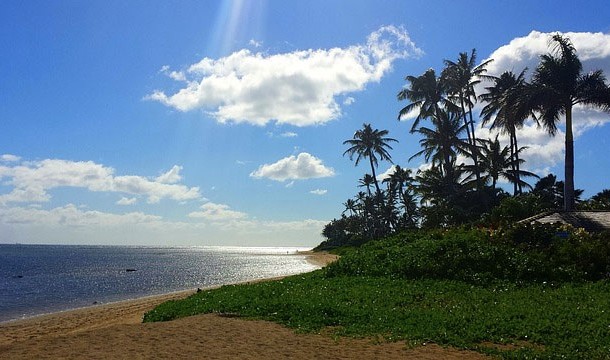 Source: cracked, Image: pixabay
Source: cracked, Image: pixabay Lawrence Oates, an Antarctic explorer, got gangrene and frostbite during an expedition. Knowing that his mates' lives would be in danger, he walked out into the cold, never to return.
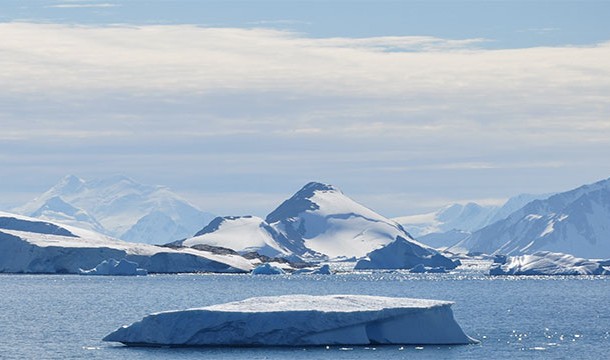 Source: wikipedia, Image: wikipedia
Source: wikipedia, Image: wikipedia Admiralty Island in Alaska is half the size of Yellowstone Park but with twice the number of grizzly bears. Early Russian explorers named the island Ostrov Kutsnoi, which translates to "fear island".
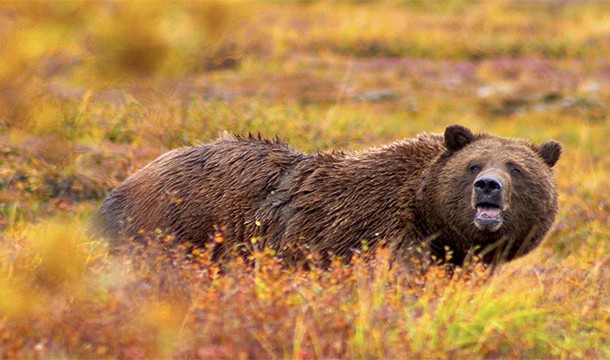 Source: nps.gov, Image: wikipedia
Source: nps.gov, Image: wikipedia Ibn Fadlan, an Arab explorer, once witnessed a Norse funeral rite where a Viking slave girl had sex with all the warriors of the tribe. She was then sacrificed to serve their fallen chief in the next life.
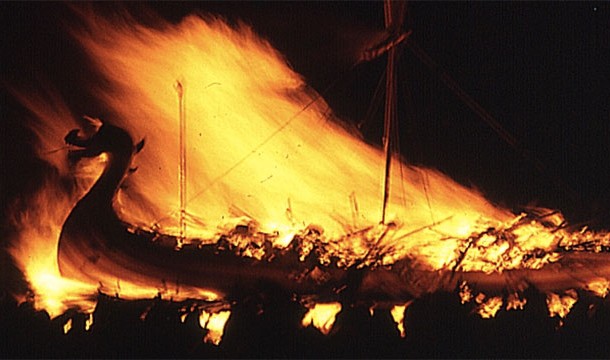 Source: wikipedia, Image: wikipedia
Source: wikipedia, Image: wikipedia During an expedition through Yellowstone, Truman Everts was separated from his group. He ended up losing his horse, his supplies, falling into a geyser, and getting frostbite before being found several months later barely alive
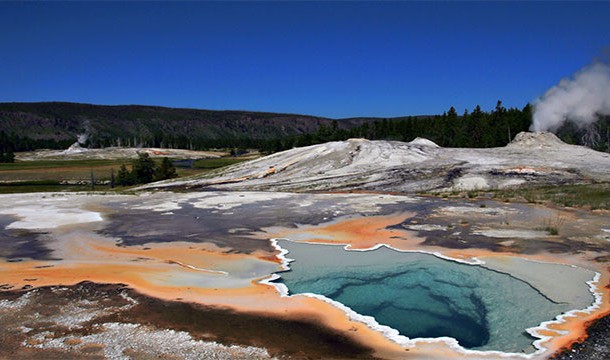 Source: wikipedia, Image: wikipedia
Source: wikipedia, Image: wikipedia Abel Tasman, a Dutch explorer, discovered New Zealand and Tasmania on his first voyage but completely missed Australia. It wasn't until his second voyage that he realized what he had overlooked.
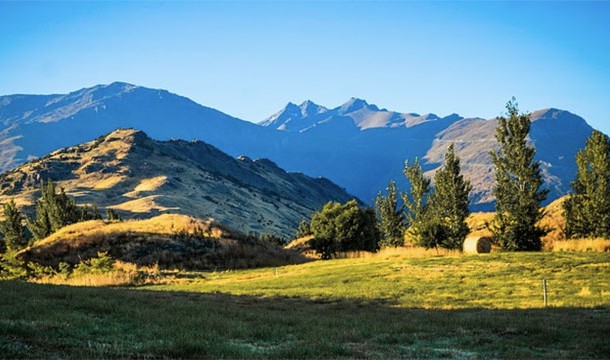 Source: wikipedia, Image: wikipedia
Source: wikipedia, Image: wikipedia During an Arctic expedition in the 50s, Peter Freuchen fashioned a chisel out of his feces in order to free himself after being trapped in an avalanche. He also amputated his own frozen toes.
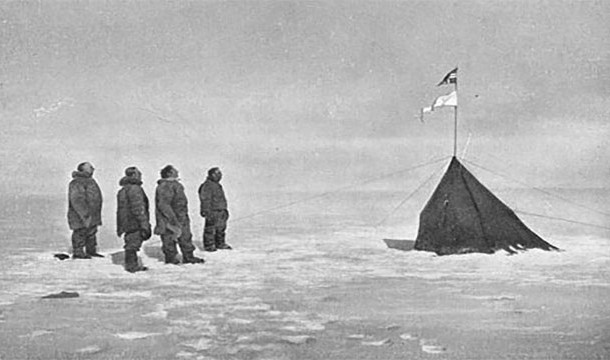 Source: internationalpolicydigest.com, Image: wikipedia
Source: internationalpolicydigest.com, Image: wikipedia When Sir Walter Raleigh, an English explorer, captured the Portuguese ship Madre de Deus, it was estimated to carry cargo worth half of England's national treasury.
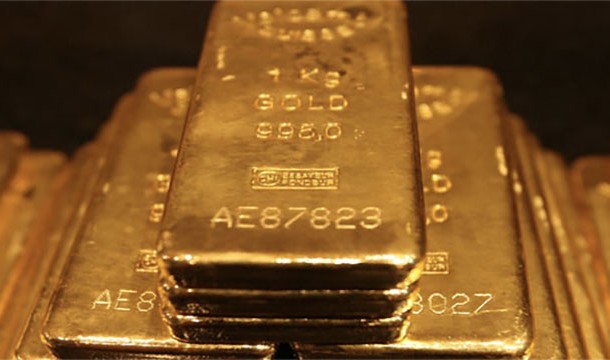 Source: wikipedia, Image: wikipedia
Source: wikipedia, Image: wikipedia David Douglas, a Scottish explorer, died in Hawaii after falling into a pit and being crushed by a bull that had fallen into the same pit
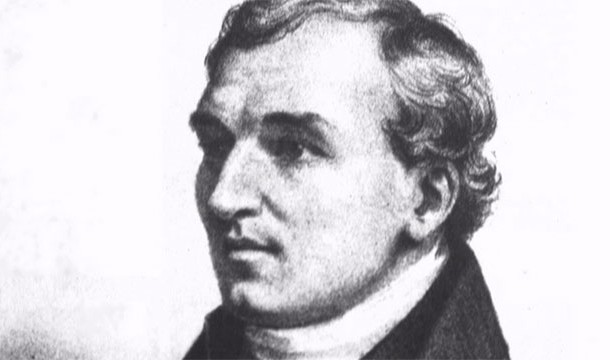 Source: wikipedia, Image: wikipedia
Source: wikipedia, Image: wikipedia The Greek explorer Pytheas was the first person to discover the polar ice caps and the midnight sun. He also was also the first to suggest that the tides were caused by the moon.
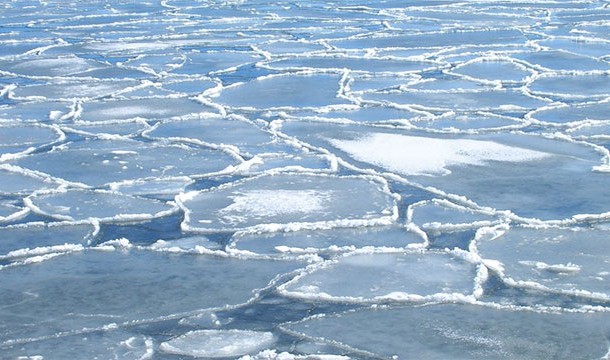 Source: wikipedia, Image: wikipedia
Source: wikipedia, Image: wikipedia In 1962, Michael Siffre, a French explorer, spent 2 months buried beneath a glacier in total darkness to show that humans have an internal biological clock
 Source: bbc.co.uk, Image: wikipedia
Source: bbc.co.uk, Image: wikipedia Mount Disappointment in Australia got its name when the explorers who stumbled across it found the view to be less than stellar
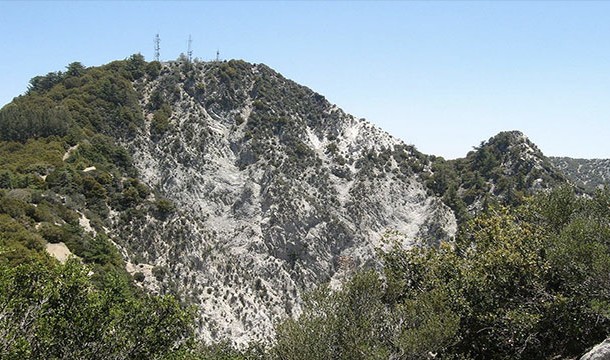 Source: wikipedia, Image: wikipedia
Source: wikipedia, Image: wikipedia Venezuela got its name when Amerigo Vespucci saw how the natives had elevated their houses above the water, similar to Venice. Hence "Little Venice", or "Venezuela"
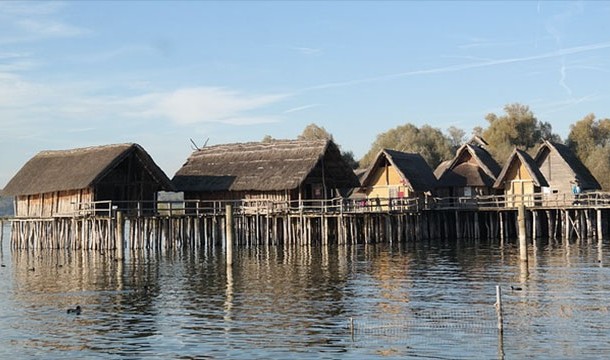 Source: wikipedia, Image: pixabay
Source: wikipedia, Image: pixabay Columbus's ship captain, Rodrigo de Triana, was the first to spot land but Columbus claimed he had seen in several hours earlier already. In this way he secured the lifetime pension promised by King Ferdinand for being the first to make the sighting.
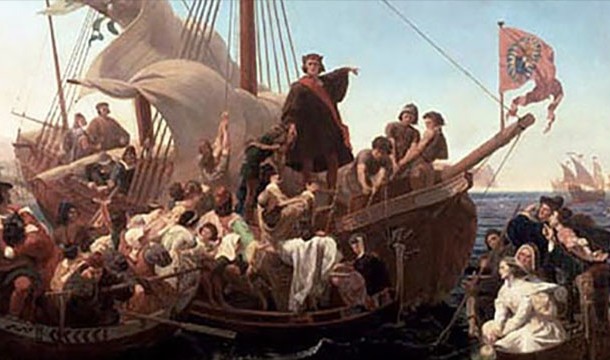 Source: wikipedia, Image: wikipedia
Source: wikipedia, Image: wikipedia While exploring South Dakota, Hugh Glass was left for dead by his group after being mauled by a grizzly bear. He then crawled 200 miles to the nearest settlement.
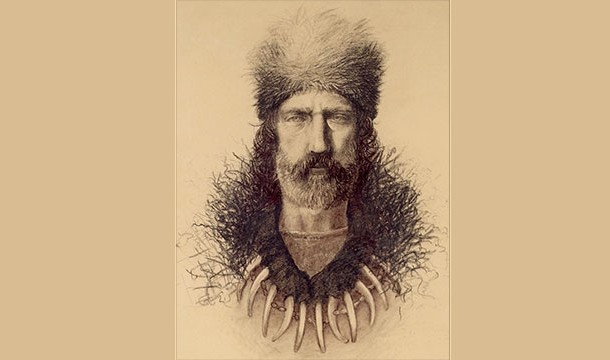 Source: wikipedia, Image: wikipedia
Source: wikipedia, Image: wikipedia During the 1600s, British explorers came across something called “kê-chiap” in China. It was a blend of pickled fish and spice. It was later brought to the new world and came to be known as ketchup.
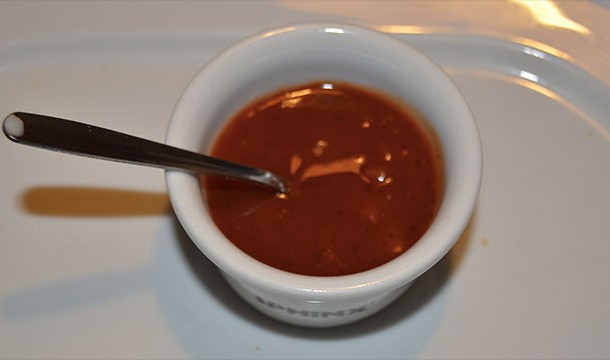 Source: wikipedia, Image: wikipedia
Source: wikipedia, Image: wikipedia Australia is also home to Lake Disappointment. It was named after an explorer followed numerous rivers and creeks to find a source of freshwater only to find that the lake was full of salt water.
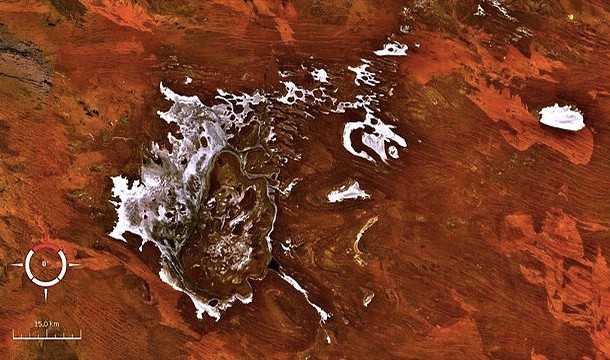 Source: wikipedia, Image: wikipedia
Source: wikipedia, Image: wikipedia Richard Francis Burton was an English explorer who spoke more than 40 languages. He once snuck into Mecca in disguise and also translated the Kama Sutra into English.
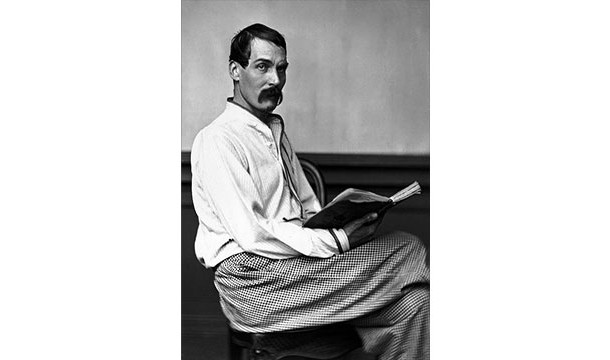 Source: wikipedia, Image: wikipedia
Source: wikipedia, Image: wikipedia In 1925 British soldier Percival Harrison Fawcett died in the Amazon while looking for El Dorado. Over the past century, more than one hundred people have died trying to find his remains and the last expedition only got out alive after paying a ransom to their native captors
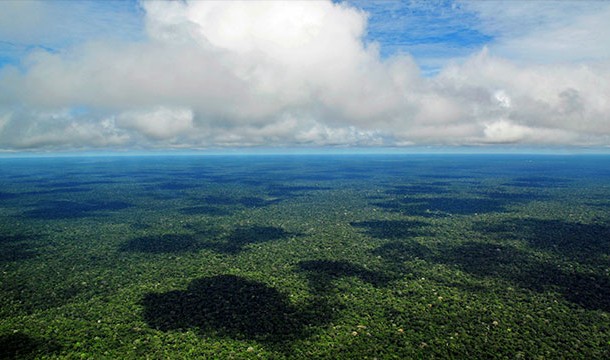 Source: wikipedia, Image: wikipedia
Source: wikipedia, Image: wikipedia 


























